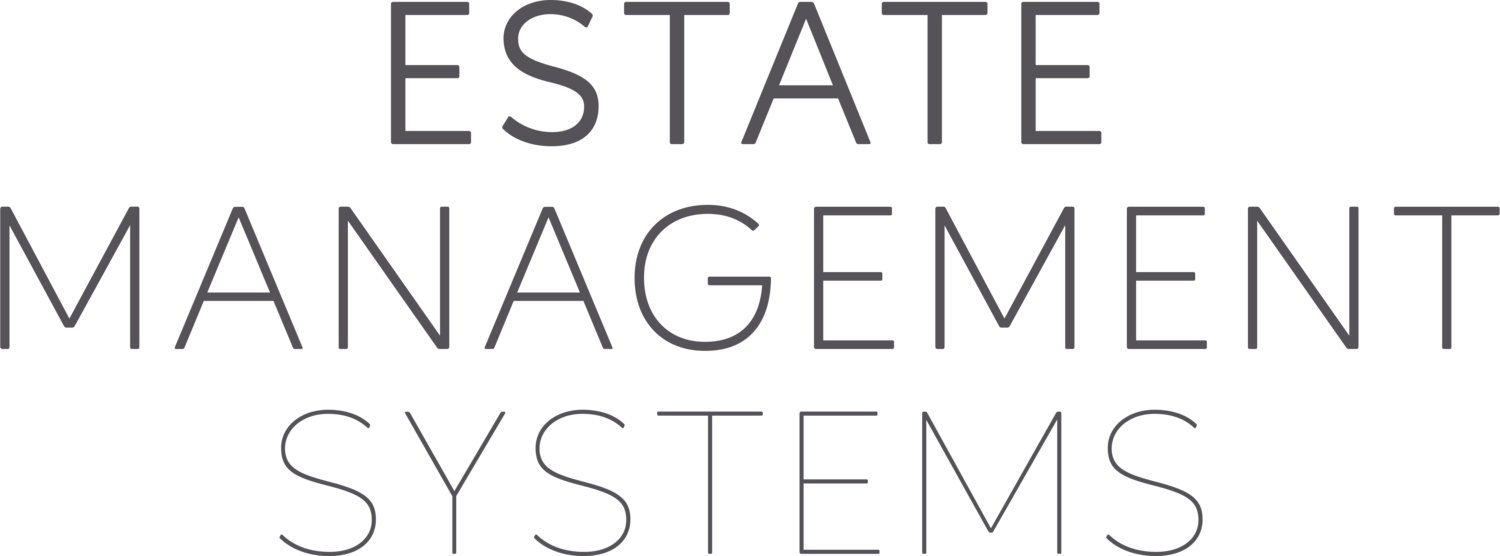Can Private Service and Social Media Co-Exist?
Social media, private online communities, Zoom, YouTube, and Google, are some of our industry's most powerful tools for providing world-class service. They’re essential in navigating global resources required in this unique and high-stakes industry. Doing business these days seems unfathomable without them.
Still, some UHNW employers refuse to accept these essential resources for meeting their needs, sighting extreme caution for security and privacy.
Here’s what I’m hearing
I recently talked with an industry associate who shared their job search nightmare about making it through eight rounds of interviews for their dream job, only to be disqualified in the 9th round when the employer’s background investigation uncovered the use of social media.
Another story includes a recruiter finding a PSP candidate on LinkedIn and their client disqualifying them during the interview due to their social media presence.
In both of these scenarios, the candidates had been diligent about clean and professional social media content, which didn't change the outcome for either of them.
I could continue with numerous stories, but these experiences and other untold stories made me realize that these disqualifying incidences might be happening more than we think.
To work at the highest level in this industry, must we return to the days of Yellow Pages, Rolodexes, and steno pads?
From the PSPs Perspective
As private service professionals, our industry is so unique and specific that we need every resource available on our computers and phones – and vetting new resources for hair-on-fire emergencies is critical to protect our principal’s (and our job) security.
Unique demands like a Palm Beach stylist available this afternoon, instructions for accessing the Amsterdam Airport VIP entrance, and the best source for overnighting Alaskan Salmon all require tried-and-true industry-specific resources. It takes a trusted community sharing coveted contacts to perform these on-demand services.
It’s beautiful to read the posts of information exchanged on these online platforms. There’s always an unspoken vibe of “I’ve got your back.” Giving back to these communities is never required. However, a sense of karma flows, and everyone benefits.
Social media is also one of the best job sources for finding resume services and accessing online testimonials.
The Principal’s Perspective
It’s a crazy world out there. And the internet has become one of the most influential aspects of human evolution. We’ve seen it sway elections, end careers, change industries, and manifest revolutions. Online privacy and personal security are top of mind. I don’t believe anyone has it figured out yet. And the more at risk, the easier it is to become a target.
The Evolution of Social Media and Private Service
Let’s take a moment to reflect on how the COVID shutdown affected this industry — sending everyone home due to lack of work or access to critical household information to perform their jobs.
Overnight, our industry had to discover a new way of working that would forever change how productivity is perceived or not work at all. Our online resources had to spread as many vital vendors and staff stayed home, went out of business, changed their professions, retired, or relocated. For PSPs who couldn’t gain access to this information, most sat at home without a paycheck.
This massive shift from working on-site to remote management threw everyone into a tailspin to figure it all out quickly. Online connections such as Easemakers, Estate Management Network, Private Service Alliance, Estate Managers Coalition, and many others started to emerge as we saw the fall of DEMA. Other online job search resources, such as EstateJobs.com, became critical to finding work in our industry as many estate managers relocated to new markets, causing them to start from scratch to rebuild their connections in unfamiliar cities.
Benefits to UHNW Principals
Let’s focus on the good stuff for a moment:
Receiving world-class service. Staying connected with online resources, knowing when new or better ones come to the surface, and reaching out to industry experts are excellent ways staff can provide the best service by using the best means.
Staying relevant. By being on top of industry trends and connected to a network of like-minded individuals, staff can learn from others and be more equipped for better service delivery and problem-solving.
Getting referrals. When you need a vetted security expert in your area and don’t have time to run a screening check, you can ask other trusted PSPs in your area for their recommendations.
Managing like a machine. Online management programs have become essential to running complex households akin to managing a small business. Additionally, staff – especially multi-property estate managers – often need to communicate and share documents online through management software (i.e., Trello, Slack, Asana, AirTable) or via WhatsApp, texts, or emails. Sending video instructions or cloud-stored documents (i.e., Google Drive, DropBox) all require online account usage.
Providing a healthy support system. A new awareness in every industry emerged about mental health and sustainable work conditions. Online communities have provided a necessary outlet with like-minded individuals sharing thoughts and experiences; it creates a sense of unity and belonging. Professional networking sites have become invaluable for private service professionals to share reflections and receive support; they enable a global collaboration where everyone can learn and support their professional, mental and emotional health – without breaching anyone’s privacy. Sometimes, just reading others’ posts is all the support needed.
Can social media be used safely and discreetly?
Here are a couple of suggestions.
Commit to a moral foundation for your social media engagement as an employee by tempering your stance, intent, and activity. Be hyper-aware of the implications of every social media post. Also, be willing to adapt to the privacy needs of your employer without shutting down your accounts.
As an employer, be mindful of the domestic staff industry trends, learn how they serve you, and consider embracing the benefits they hold for your family and estate. Consider…
Creating a social media and an Internet usage policy to outline restrictions and expectations. Principals should set guidelines about social media usage for all of their staff while in their employment. If your employer is flexible on this topic but still cautious, reassure them that your content will not include anything about them or their property. Agree that you will use social media purely for research purposes.
Creating anonymous house accounts. Using this type of account will reap social media benefits and ensure anonymity. There should be terms that you agree on from the start to ensure everyone meets expectations.
Still, some UHNW families will continue to demand a no social media presence from their staff. They have the right to do this. That said, they limit their staff’s resources and a sea of highly qualified industry leaders to a small pool of candidates. And as industry leaders age, it will be harder to find highly skilled staff with zero social media presence when the new crop of candidates has grown up with a phone in their hands.
Social media use is a two-sided coin where neither the employee nor the principal should have the upper hand, and both sides should understand risks and expectations. There should be clear guidelines and a mutually beneficial agreement between the principal and employees about using social media so everyone wins.
For others, a double standard now seems to have occurred. But when a thumbs-up emoji is grounds for a job disqualification, we’ve got to figure out a way to meet in the middle.
Of course, someone always gets it wrong.
A fellow estate manager shared a photo online of him and his employer sitting inside a private jet. Although he reassured readers that he had his employer’s permission to post the picture, many warned that even with permission, this type of post could negatively affect his ability to get future work.
Others merely made mention of the ego-driven “look at me” intent as inappropriate, which doesn’t go down easily in this industry. He quickly received comments such as “we’re better than this,” and it’s “wrong.” It made me proud of the awareness amongst industry members about this debatable topic. The mild backlash also highlights the importance of supportive mentoring for those new to private service.
While it’s understandable that principals want to keep their lives private, it seems unrealistic and unfair to expect staff members to do the same. Employees should be free to use social media as a critical resource to serve their employer and career and as a personal tool for entertainment, education, and connections.



